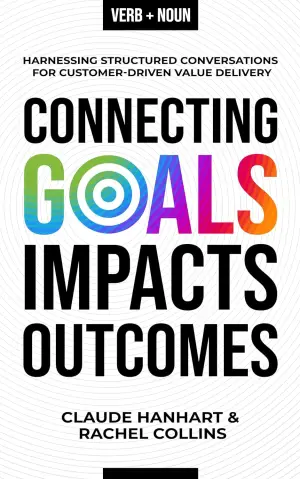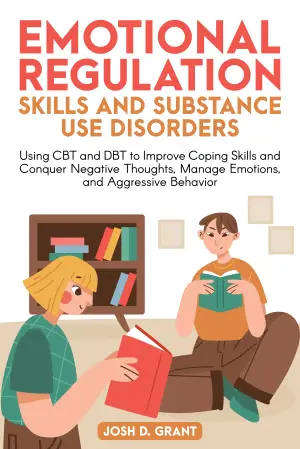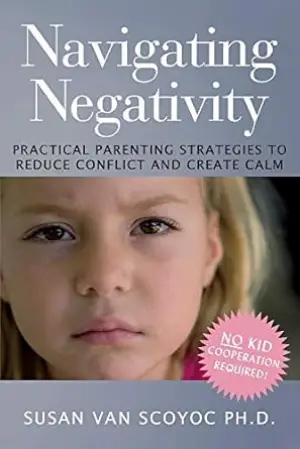Review of "You Need A Budget" by Jesse Mecham
As an avid reader with a keen interest in personal finance, Jesse Mecham’s "You Need A Budget" caught my eye when I heard it was a Wall Street Journal Bestseller. The promise of a renewing mindset towards budgeting intrigued me, especially given my ongoing struggle with managing my finances effectively. I decided to dive into this book, hopeful that it could offer me practical strategies to break free from my paycheck-to-paycheck cycle.
From the outset, I found Mecham’s approach to budgeting refreshing. The emphasis on personal values—reminding us that no one should dictate how we spend our money—set a positive tone. His four rules are straightforward: Give Every Dollar A Job, Embrace Your True Expenses, Roll With The Punches, and Age Your Money. This systematic model shifts budgeting from a daunting task into a manageable, almost empowering practice.
One of the book’s highlights is its engaging style. It reads almost like a conversation rather than a lecture, a quality that made it enjoyable and easy to digest. For example, I particularly appreciated how Coko Brown reflected on the shift in mindset Mecham encourages, noting how it felt like a friend giving practical advice rather than a financial guru lecturing from on high. This friendly tone resonated with me, as it made financial principles feel approachable and relatable.
While the book offers valuable insights, I found a couple of drawbacks worth mentioning. First, some reviews noted that the practical applications may be challenging for individuals in non-traditional income situations, such as those working on commission, as pointed out by reviewer Dan Shiver. While I resonate with the structured steps provided, I also recognize that some readers might struggle to adapt these guidelines to more fluid financial circumstances.
Another point of contention comes from the examples used to illustrate financial success. A few readers, like KitKat, expressed concerns about the representativeness of these stories, suggesting that many examples originate from two-income households. This could be misleading for single-income families who may find it harder to implement similar strategies. Though I engaged with the overarching ideas, I also felt the need for a broader acknowledgment of differing financial realities.
However, the positives made it easy to overlook these drawbacks. Brent F. Brown aptly articulated that the book is as much about the budgeting philosophy as it is about the actual YNAB software. I appreciated that Mecham emphasized that the principles could be applied universally, even beyond specific budgeting applications. The structured process he lays out equips readers with the tools needed to make informed financial decisions that align with their personal values.
Reflecting on the book’s promise of helping readers "transform their relationship with money," I found that it largely met my expectations. The guidance to break expenses into manageable parts and embrace flexibility when finances fluctuate was particularly enlightening for me. I felt a newfound sense of control over my financial life, echoing what countless other readers have shared about their experiences.
In conclusion, "You Need A Budget" is a transformative guide for anyone looking to take control of their financial future. It may have its limitations in visibility for diverse financial situations and example relatability, but its core principles are solid, practical, and incredibly actionable. If you’re looking to change your financial habits and create a budget that aligns with your values, I highly recommend giving this book a read. You might just find the freedom and confidence in budgeting that I’ve been searching for!
Discover financial freedom with You Need a Budget and transform your life today! >>








